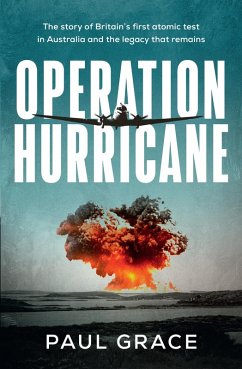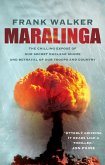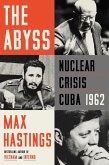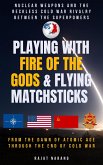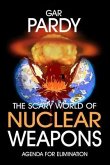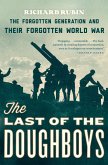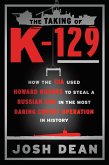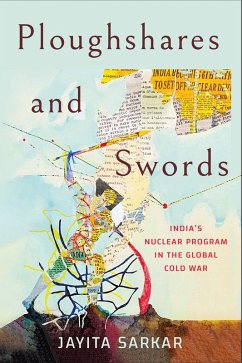SHORTLISTED FOR THE MARGARET MEDCALF AWARD 2024
'I remember seeing a flash, I turned around and heard a roar like a train approaching in a tunnel. Then a tremendous crack like a whiplash passed directly overhead. I saw a mushroom cloud ... There was black and white smoke, orange and red flames ascending through the centre of the mushroom.' RAN Able Seaman Vince Douglas, participant in Operation Hurricane
At 8.00 a.m. on Friday 3 October 1952, Britain's first atomic bomb was detonated in the hold of a surplus frigate, HMS Plym, moored in the Montebello Islands, 50 miles off the North West Coast of Western Australia. The blast vaporised the Plym, produced a mushroom cloud 2 miles high, and covered the islands and parts of the Australian mainland with fallout.
The test, codenamed Operation Hurricane, was the culmination of years of top-secret planning in London and Canberra and months of clandestine preparations at the site. One of the largest peacetime military operations in Australian history, its success shifted the balance of power in the Cold War and briefly rejuvenated the fading British Empire.
Painstakingly pieced together from declassified government documents and first-person accounts by surviving participants, Operation Hurricane tells the story of Britain's first nuclear test from the point of view of the men on the ground: soldiers, sailors, airmen and civilians. It delves into the historical context of the Cold War and examines the controversial legacy of the atomic tests, including the impact of fallout on servicemen, Aboriginal peoples and the environment, and Australia's relationship with the United Kingdom.
Dieser Download kann aus rechtlichen Gründen nur mit Rechnungsadresse in A, B, BG, CY, CZ, D, DK, EW, E, FIN, F, GR, HR, H, IRL, I, LT, L, LR, M, NL, PL, P, R, S, SLO, SK ausgeliefert werden.

